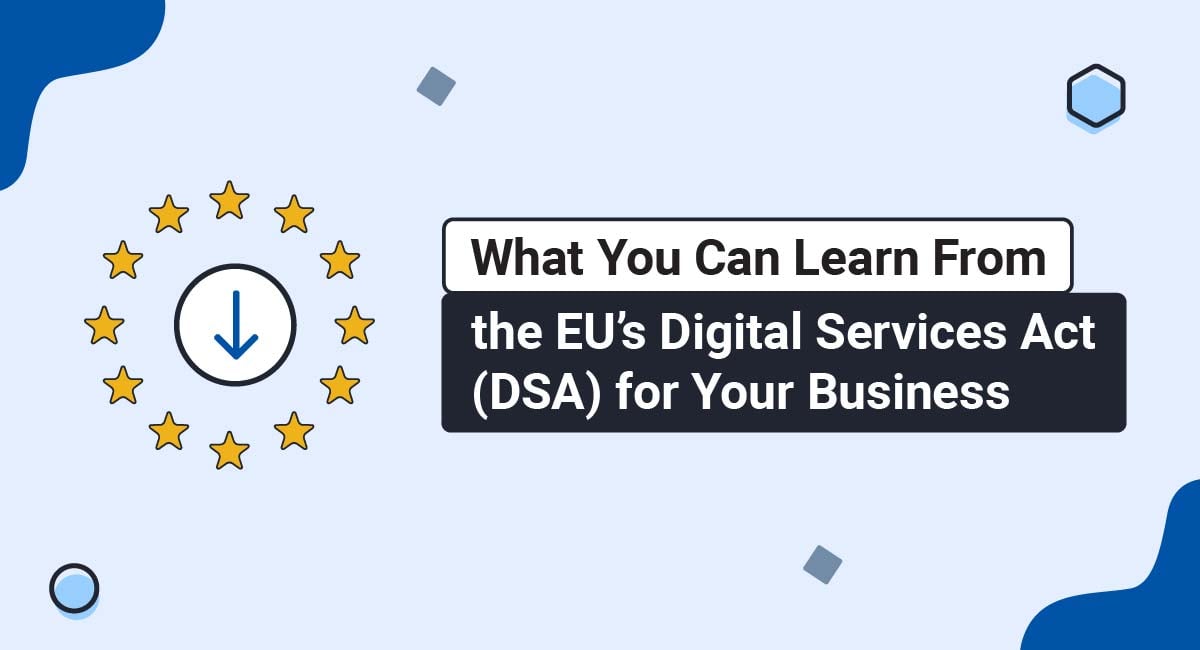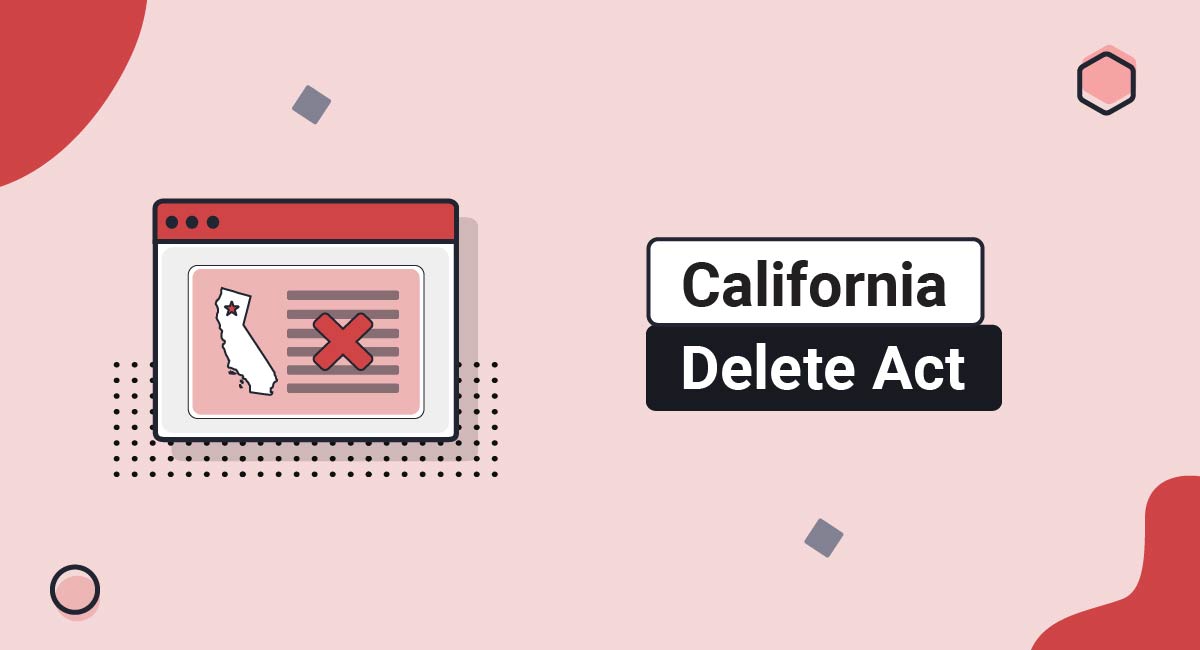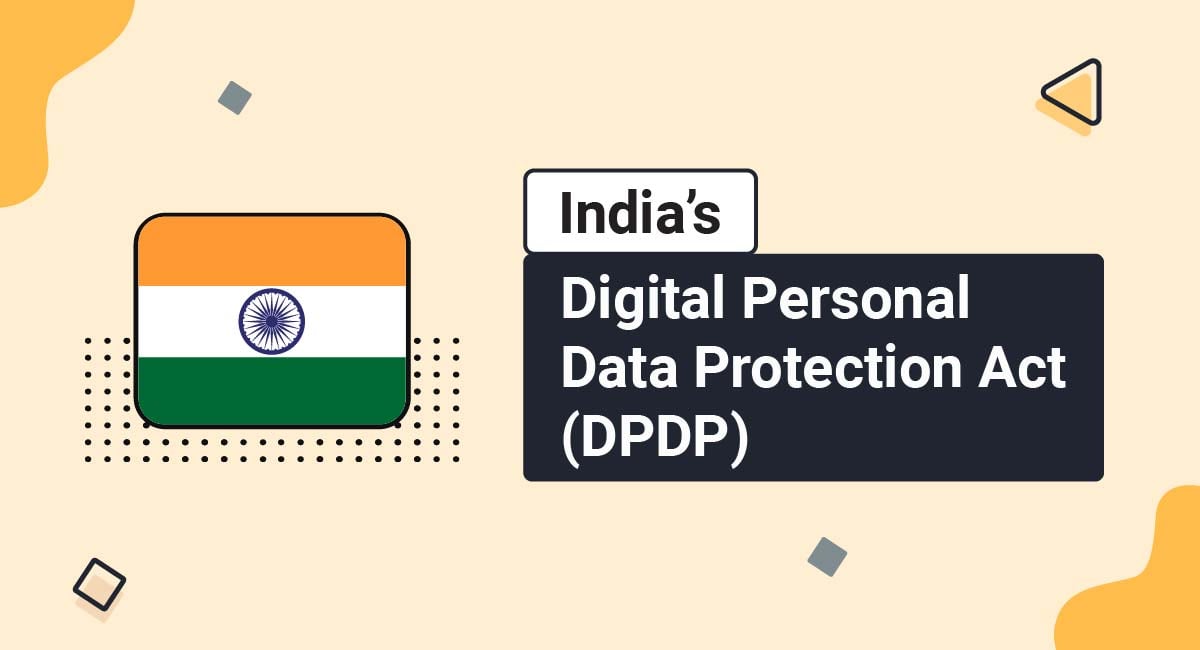Blog - Page 7
Legal articles in easy to understand language.
Pennsylvania's Consumer Data Privacy Act (PCDPA)
Pennsylvania's Consumer Data Privacy Act (PCDPA) is a privacy bill currently working its way through Pennsylvania's legislative system. If approved, the PCDPA will become Pennsylvania's primary data protection law, much like the privacy laws of California, Colorado, Virginia, and so on. This article explains Pennsylvania's Consumer Data Privacy Act (PCDPA), looking at...
Data Breaches Under Canada's Digital Privacy Act (DPA)
Canada's Digital Privacy Act (DPA) amended Canada's Personal Information Protection and Electronic Documents Act (PIPEDA) in 2015. Among other changes to PIPEDA, the Canada DPA dictates what organizations that handle Canadian residents' personal information need to do to prevent and mitigate harm from data breaches. This article explains what Canada's Digital...
What You Can Learn From the EU's Digital Services Act (DSA) for Your Business
The European Union's Digital Services Act (DSA) went into effect on August 25th, 2023. The law is designed to protect consumer rights by preventing the spread of illegal content and disinformation online and requiring transparency in advertising. This article explains what the EU DSA is, who it applies to, what it...
California Delete Act
The California Delete Act is a new law with significant implications for consumers and data brokers in the Golden State. Most notably, this law allows Californians to delete their personal information with all data brokers through a single request. The Delete Act updates California's existing data broker law and works...
The Washington My Health, My Data Act (WMHMDA)
The Washington My Health, My Data Act (WMHMDA) (HB 1155) was signed into law by Governor Jay Inslee on April 27th, 2023. It was designed to fill gaps in the Health Insurance and Portability Accounting Act (HIPAA) and provides stronger protections for Washington consumers' health data. This article explains what the...
India's Digital Personal Data Protection Act (DPDP)
India's Digital Personal Data Protection Act (DPDP) was enacted on August 11th, 2023, making it India's primary law concerning the processing of personal digital data. It will take effect at a date yet to be determined or disclosed as of September 2023. This article explains what the DPDP Act is, who...





